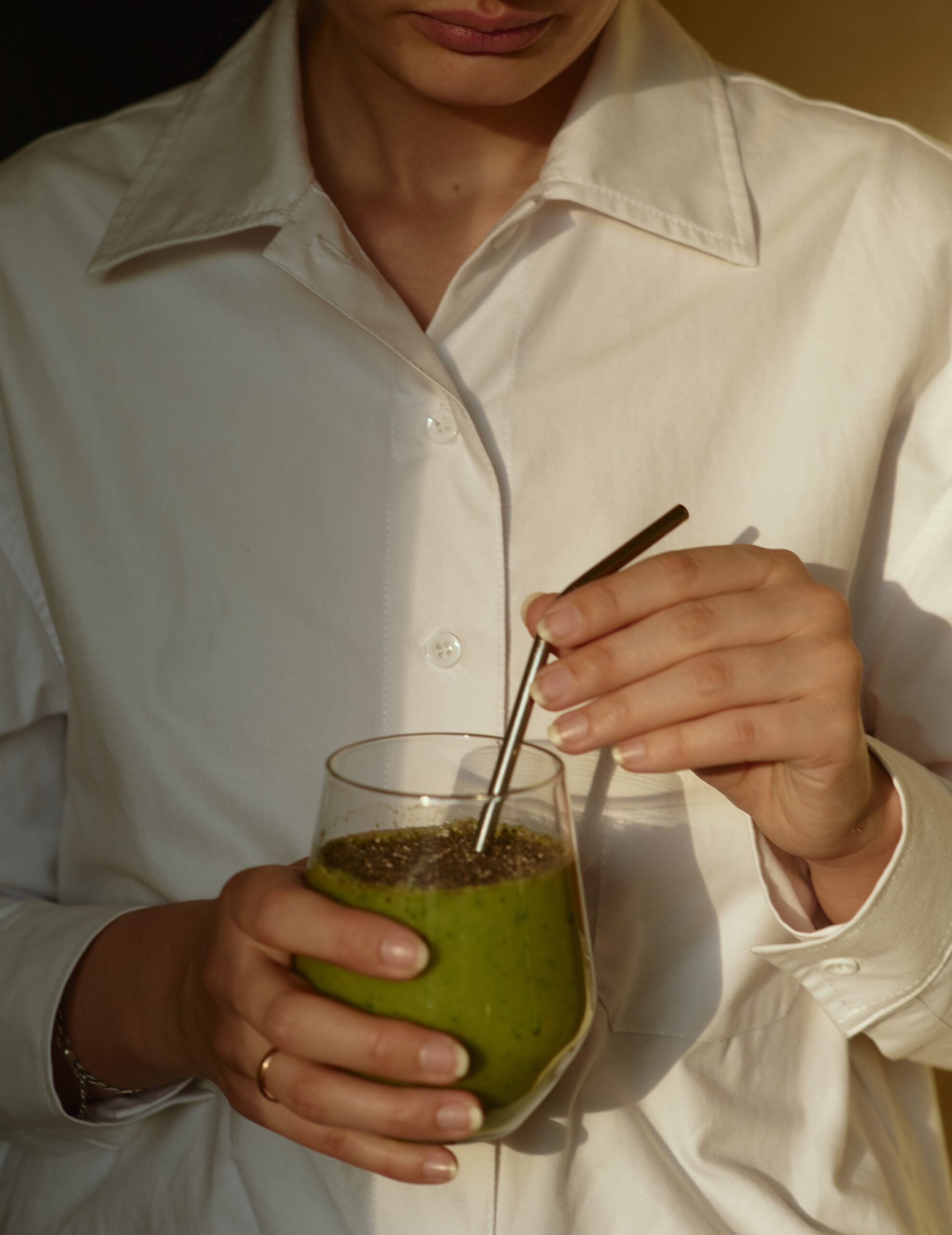Photo by Vika Aleksandrova on Unsplash
Ben Warren is a nutrition and holistic health expert and founder of BePure.
Detox diets are generally short-term dietary interventions designed to eliminate toxins from your body, but do we need them, and are they safe?
Our bodies are detoxifying constantly, but there is a finite amount or speed at which our bodies can work.
Often because of diet and lifestyle factors our detoxification systems can become overwhelmed. This can result in sub-clinical health issues such as fatigue, poor skin, hormonal imbalance and weight gain.
A detox can be as simple as giving our body a break to do its work, all the way through to supplying extra nutrients and stimulating metabolic pathways of detoxification.
Types of Detoxing
• Fasting
Probably one of the oldest and easiest ways of performing a detox is to stop eating. Whenever we eat it places an increased load on our body to process the food. So, although technically not a detox, by decreasing the load on the body we are giving it a break, and there’s plenty of research to support the long-term health benefits of fasting. However, I would not recommend long-term fasting (more than three days) without professional support as the process of re-feeding can actually be dangerous (re-feeding syndrome) and needs to be monitored carefully.
A safe way to achieve many of the benefits of long-term fasting, without many of the risks, is by time-restricted eating, which is basically a 12-16 hour window each day where no calories are consumed.
• Fad diet detoxes
Probably one of the biggest fad diet detoxes I know of is the lemon detox. I’ve got nothing against it, it’s basically a fast with lemon juice. However, given the risks of re-feeding syndrome from prolonged fasting, I would not recommend this detox.
When it comes to detoxes if it sounds too good to be true, it probably is… And some of them might actually do your body harm or be dangerous.
• Clinical detoxes
These programmes often require one-on-one consultation to design the detox to the needs of the individual. Often they involve specific diets that support the detoxification pathways in the body, reduce the toxin load and supply all the nutrients required by the body’s biochemical pathways for detoxification.
Under the expert guidance of a natural health professional clinical detoxes are very safe and can help revitalise your body.
Due to the biochemical individual nature of your own body, if you have any pre-existing health conditions please consult your health practitioner before attempting any detox programme.
Five keys I follow to live a daily detox lifestyle
• Minimise putting more toxins into your body Start with things like excess alcohol and caffeine. Then think about the other foods you eat – are they highly processed? Then think about your skincare and haircare products and your environment.
• Structured whole food diet Many people undertake detoxes to lose weight. We have a basic detox programme at BePure and often get incredible weight-loss results, purely because it’s a wholefood-based diet with regular eating times and amounts. Focus on eating wholefoods at set times with three meals a day and two planned wholefood snacks.
• Time-restrict your eating… Start with 10 hours of no calories a day and build up to 16 hours as you adjust.
• Drink lots of water Our body’s main detoxification systems – urine, bowels, sweat – all require water. If you weigh 60kg try to drink 2 litres of water a day, 75kg 2.5 litres a day, 90kg or more 3 litres a day.
• Take a high-quality multivitamin Your liver requires nutrients including B vitamins, vitamin A, E, C, selenium, copper and zinc to run the detoxification pathways and a deficiency means a rate limitation of the pathway; so less detoxification will occur.





